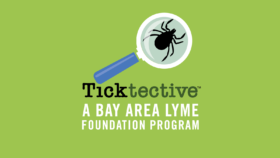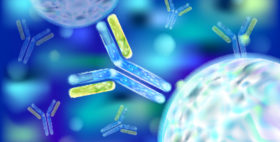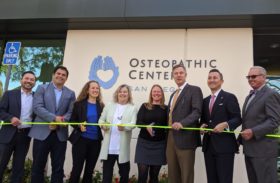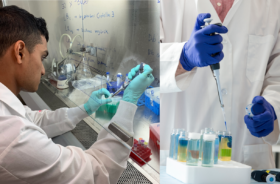By Bay Area Lyme Foundation FOR IMMEDIATE RELEASE
Media Contact:
Tara DiMilia, 908-947-0500, tara.dimilia@TMstrat.com
Jacob Lemieux, MD, DPhil and Artem Rogovskyy, DVM, PhD Named Recipients of Bay Area Lyme Foundation’s 2020 Emerging Leader Award
Biobank Samples to Aid 2020 Emerging Leader Award Winners in Discovery of New Rapid and Sensitive Diagnostics for Lyme Disease Testing
PORTOLA VALLEY, Calif., August 11, 2020 — Bay Area Lyme Foundation, a leading sponsor of Lyme disease research in the U.S., announces the recipients of the 2020 Emerging Leader Awards, which are designed to support promising scientists who represent the future of Lyme disease-research leadership. Jacob Lemieux, MD, DPhil of Harvard and Massachusetts General Hospital, and Artem Rogovskyy, DVM, PhD of Texas A&M University will each receive $100,000 toward the development of novel direct-detection diagnostic approaches for Lyme disease. Both researchers will utilize biological samples from the Lyme Disease Biobank, a program of the Bay Area Lyme Foundation, working to accelerate research of Lyme disease and other tick-borne infections. Lyme disease is a potentially disabling infection impacting more than 400,000 Americans each year.
“The value of research proposed by our grant recipients is vital to our mission of making Lyme disease easy to diagnose and simple to cure. In this year of COVID-19, we are pleased to have the opportunity to continue our grant program to fund the important work of these scientists addressing the most crucial requirement for Lyme disease – an accurate diagnostic test,” said Linda Giampa, executive director, Bay Area Lyme Foundation.




